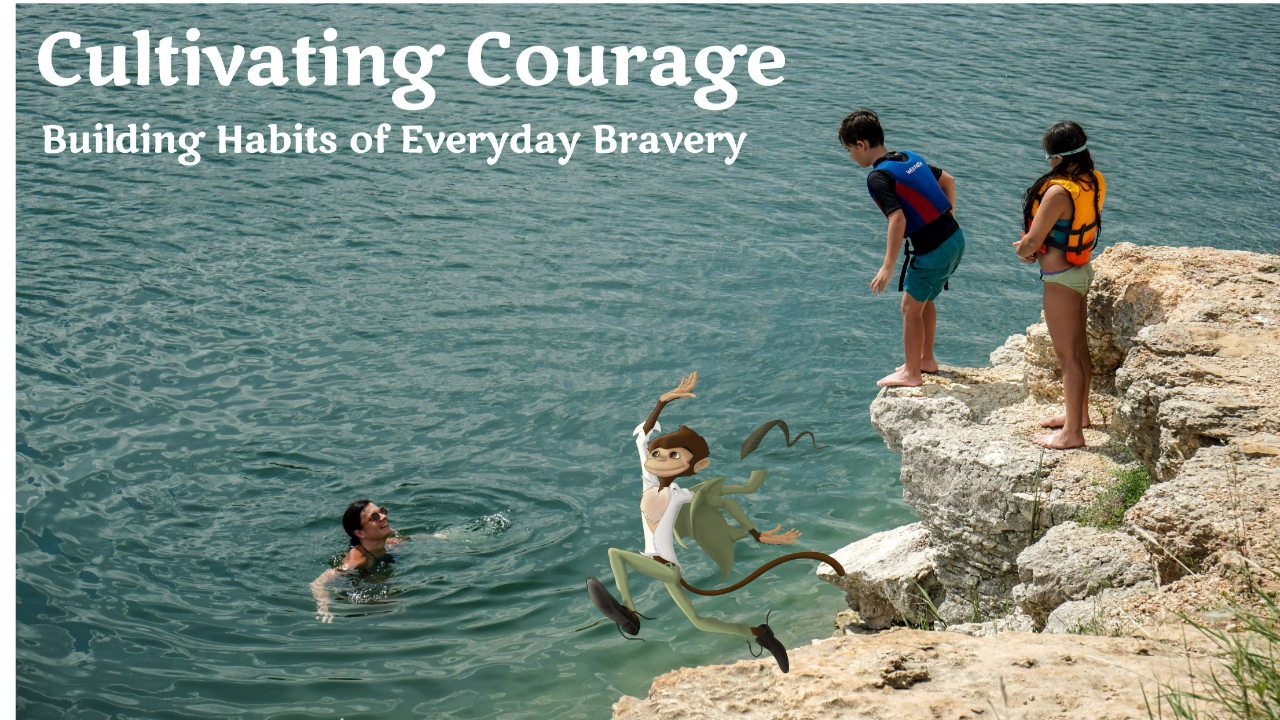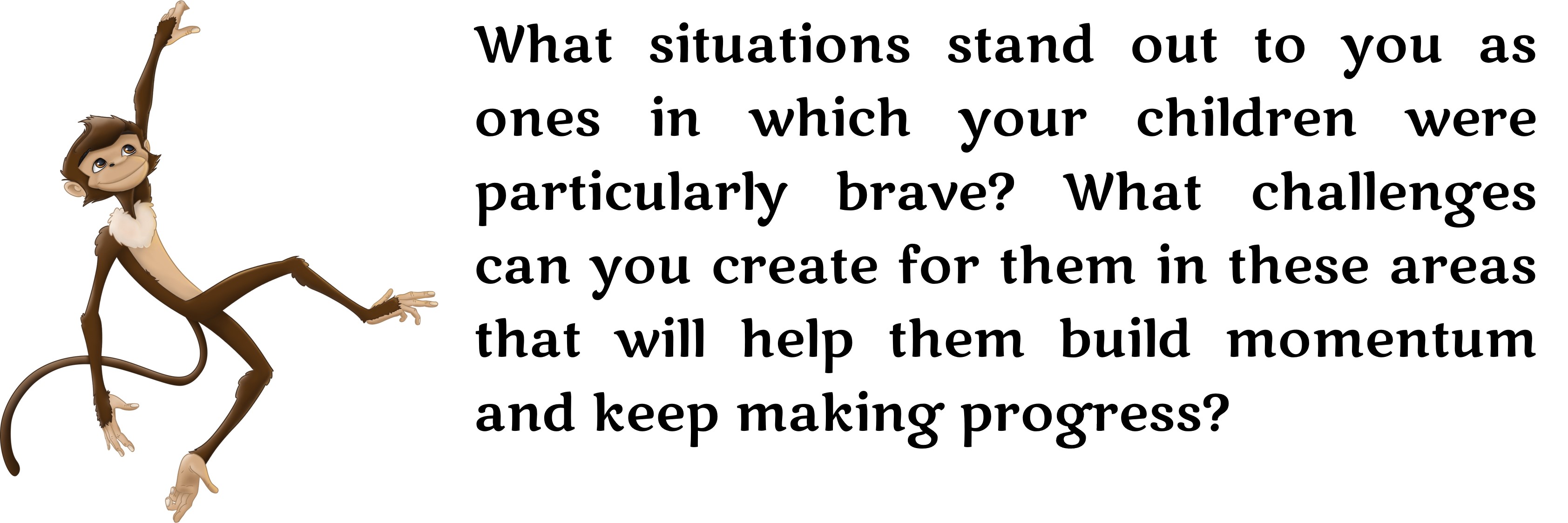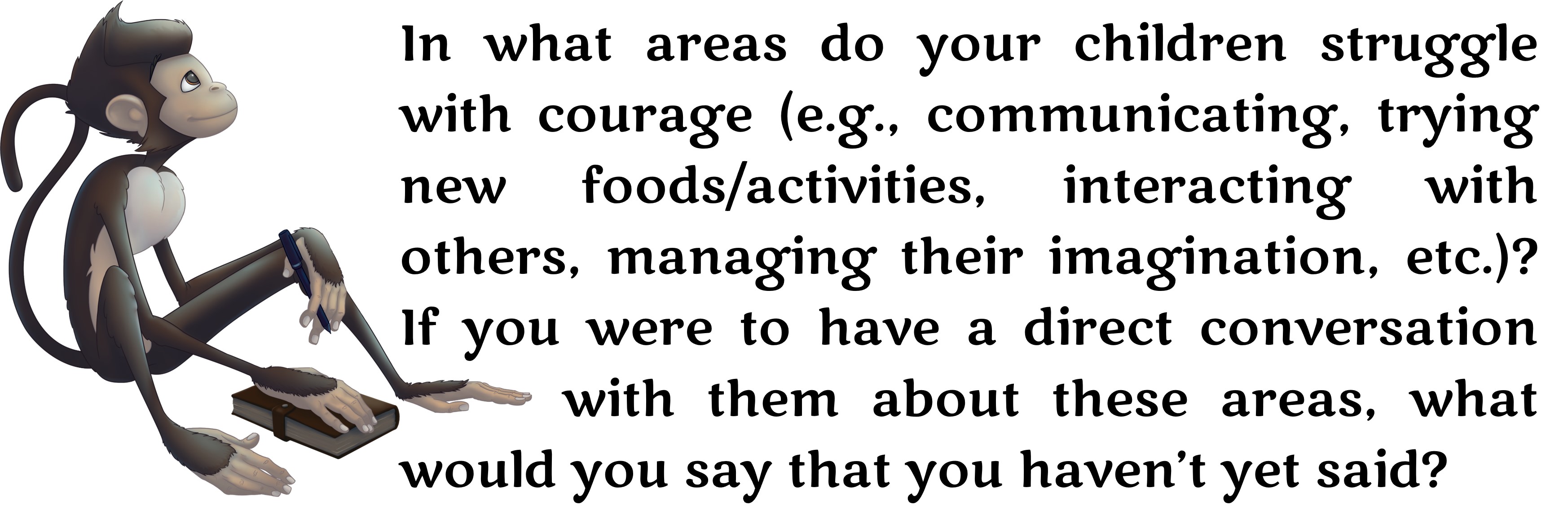
The origins of the word "courage" can be traced back to the Latin word "cor," meaning "heart." From this Latin root, the Old French word "corage" was formed, which eventually became the modern English "courage." The word has been used since the Middle Ages to describe a quality of spirit that allows individuals to confront fear, danger, and/or adversity with a deep sense of heart.
The concept of courage has been a part of human culture for thousands of years and has been celebrated in many famous stories throughout history. In Greek mythology, the hero Achilles was known for his bravery and fearlessness in battle. The myth of Prometheus, who stole fire from the gods to give to humanity, can be seen as a symbol of courage in the face of punishment. In the Iliad, the hero Hector is celebrated for his courage in battle, even as he knows he will eventually be defeated.
The Bible also contains many stories of courage, including the story of David and Goliath, in which a young shepherd defeats a giant warrior with only a sling and a stone, and the story of Esther, a young woman who risks her life to save her people from extermination. The knights of medieval Europe were often celebrated for their courage in battle, and tales of their bravery continue to be told today.
In more recent times, the concept of courage has become an important part of military culture. Military personnel are often called upon to exhibit great bravery in the face of danger, and their actions are often celebrated as examples of true courage. For example, the Medal of Honor is the highest military decoration awarded by the United States and is given to individuals who have shown exceptional bravery in the face of enemy fire.
Despite its long history, the definition of courage remains somewhat elusive. Some define it as simply the absence of fear, while others argue that it is the ability to act in the face of fear. Some see courage as a personality trait, while others believe it is a choice that can be made in the moment. Regardless of its definition, however, courage continues to be a quality that is revered and celebrated in cultures around the world.
What is “courage” for you? When are you willing to confront fear, danger, and/or adversity with a deep sense of heart? Where does the strength to do so come from, and how can you connect to it more regularly?

Courage for Parents in Everyday Life

Every day, parents have many opportunities to express courage. Most parents sacrifice at least some of their personal preferences when choosing to act in ways that they believe will be supportive to their children. This can include sleeping less, having less free time, and having less space to oneself. The way parents confront and handle these situations can serve as great training exercises for strength of heart.
Another example of courage in everyday life for parents is when they choose to have difficult conversations with their children. This can be in relation to sensitive topics like sexuality, emotions, deception, self-judgment, guilt, blame, regret, etc., or it can be in relation to specific family situations. Having these conversations in sincere ways requires vulnerability and some level of discomfort for both parents and children, and parents who are willing to do so while deeply adhering to their principles can continually develop their bravery.
Parents can also exhibit courage when they are faced with unexpected challenges. An injury or illness arises, a relationship changes in a significant way, finances become more stressful, or a combination of events leaves families in a position where they are facing more adversity. Parents are called upon to express their leadership skills and to carry the family forward to a better place. These are great times to train being bold and resolute.
Lastly, parents can demonstrate courage by taking difficult action on behalf of their children to drive better, wiser, or more equitable outcomes. This can include advocating for certain forms of education, standing up for children when they are being bullied, or seeking help when children are struggling with mental health issues. These actions require courage because they often involve challenging authority and navigating complex systems, which demands meaningful energetic commitment. Parents who do so to support their children’s well-being can generate and promote inspiration.
These are some of the ways parents can act courageously as they take on the experiences in their lives. By holding themselves accountable to showing up with more heart, they can unlock sources of enthusiasm that supercharge their being and turn them into powerhouse parents.

How to Promote Courage in Your Children

For parents, expressing courage is great, and promoting it in children is also beneficial. Kids face many of the same challenges regardless of their backgrounds; parents who can prepare their children for the difficulties they will face, and encourage them to take on those difficulties with a sense of purpose, will shape an upbringing that is more likely to result in success. So, what are some of the ways parents can do this for their children? Below is a short list.
Encourage risk-taking
Embolden your children to step out of their comfort zones and explore new things. This can mean trying a new sport, joining a new club, or tasting a new food. It can mean shifting a schedule to foster new kinds of growth, or putting your children in situations where they can develop greater confidence in themselves while facing the unknown. Over time, these types of experiences make it easier for children to have faith in their potential.
Celebrate bravery
When your child does something brave, acknowledge and celebrate it. Help them understand how much you appreciate the great human qualities they demonstrated while handling a challenge. This will help your children positively associate with self-supportive aspects of themselves, which creates different kinds of internal strength.
Teach supportive qualities
No matter what difficulties your children face, they will be more equipped to face them if they have developed their problem-solving abilities, their emotional self-regulation, their clarity of perception, and their power of will. Parents who design opportunities for their children to test and learn these qualities can accelerate their kids’ personal development.
Reinforce resilience
Most children go through experiences in which there is some dimension of loss or failure. Without the right guidance and support from parents, these experiences can cause significant physical, mental-emotional, and spiritual setbacks. Children require empowerment to engage and understand perseverance, and to see the opportunities to grow that are always available within difficulty. Parents who reinforce resilience better position their children for what’s coming.
Watch a movie together
Movies can be a great way to connect with your children. If you watch ones that touch on themes of courage, afterwards, you can invite your children to have conversations with you about the movie’s main themes. This can stimulate openness, togetherness, and greater comfort with self-expression.
These are a few ways in which parents can promote greater courage in their children.

Situations to Monitor Closely

It can be beneficial for parents to know what to look for in their children as it relates to developing courage. The more aware parents are about certain dimensions of their children’s lives, the more capable they are of exerting a supportive influence. Below is a short list of areas that parents can monitor to ensure their children are experiencing personal growth.
Overcoming fears
Children may face a variety of fears, including fear of the dark, fear of heights, fear of abandonment, fear of physical harm, fear of lack of intelligence, etc. Progress requires taking on the fear directly – when the time is right – and succeeding in relation to it. Children must be willing to engage their fears rather than seeking to avoid them.
Standing up for themselves and for others
Children may encounter bullies or peer pressure and may need to stand up for themselves or their friends. Teaching children to assert themselves can help them develop the courage to stay in alignment with what they know is right. This develops power, as children can rely on themselves to act according to principles even when under pressure.
Dealing with disappointment
Children may experience letdowns in their grades, in athletic performance, in their relationships with students and teachers, etc. It is important to acknowledge the disappointment directly and fully rather than seeking to soften the blow, but to do so in ways that ultimately empower and motivate the children start moving confidently forward once again.
Pursuing passions
Sometimes, children may be interested in pursuing particular hobbies or activities, but end up discouraged from doing so because of self-doubt and/or the opinions of others. If your children suddenly lose their level of enthusiasm for a particular topic or experience, take a curiosity in what is going on. Have conversations that can nurture your children’s confidence in their capabilities.
Making decisions
Children can develop many different orientations in relation to making decisions. For example, some might try to control areas beyond what is reasonable; others might aim to avoid responsibility for their choices. Understanding how your child approaches the decision-making process when facing difficulty can provide insight into the areas in which support can be most beneficial.
Being kind and inclusive
Children may encounter situations where they are encouraged to exclude others or to be unkind. Helping them appreciate the value that comes from respect and collaboration can drive behaviors that are rooted in togetherness.
The more parents stay connected to these and other critical areas, the better able they are to provide the course-corrections required to keep children moving in a direction that’s good for them.

Conclusion
Courage is a quality that parents can promote in their families by (1) approaching their own challenges with honesty, humility, resilience, and motivation, (2) making sacrifices, facing difficult discussions head-on, standing up for their children in relation to broader systems, and exhibiting leadership when dealing with unexpected issues, (3) supporting their children by helping them take "good" risks, celebrating bravery, and finding ways to teach supportive qualities, and (4) closely monitoring situations in which kids have opportunities to experience personal growth (e.g., facing fears, standing up to bullies, dealing with disappointment, and making decisions). The first step is to acknowledge it as a priority. Good luck!
Related Aim & Conquer Social Media Awareness Prompts


Are you interested in learning more about ways to manage the stress you and your team experience at work? Click below to sign up for Aim & Conquer's newsletter and to receive a free reflection on "healing in-tensions" that can support efforts to reduce stress.

